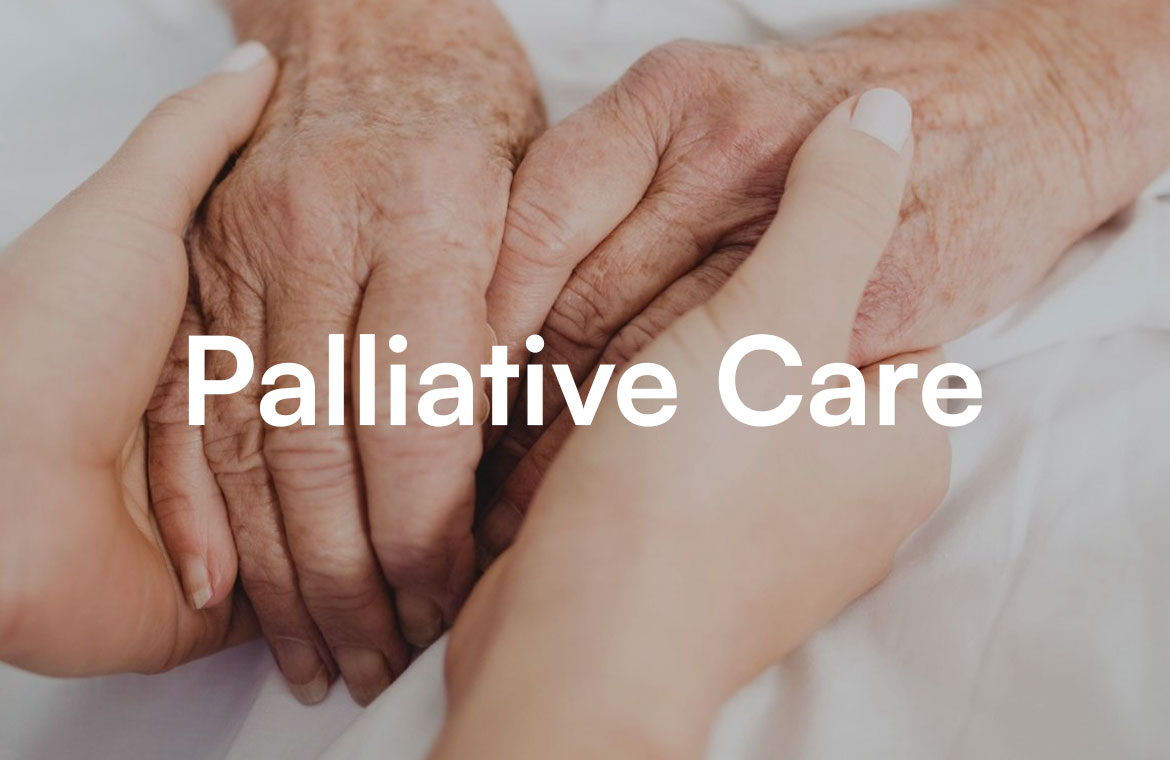Introduction
Medicine has come a long way, evolving from generalized treatments to more targeted and individualized care. Two vital fields shaping modern healthcare—precision medicine and community medicine—may seem different, but together, they hold immense potential to transform public health. Precision medicine focuses on tailoring treatments based on genetic, environmental, and lifestyle factors, while community medicine prioritizes population-wide healthcare initiatives. Combining these approaches can lead to better disease prevention, improved management, and overall enhanced health outcomes.
What is Precision Medicine?
Precision medicine is a cutting-edge healthcare approach that customizes treatment plans based on individual characteristics. It takes into account:
- A person’s genetic profile
- Environmental influences
- Lifestyle habits
Advances in genomics, bioinformatics, and big data have made it possible to predict disease risks, select optimal treatments, and develop personalized prevention strategies. This approach has already made a significant impact in fields such as cancer treatment, cardiology, and rare disease management by providing targeted therapies that lead to better patient outcomes.
The Role of Community Medicine
Unlike precision medicine, which focuses on the individual, community medicine emphasizes healthcare at a population level. It aims to:
- Reduce disease burden through preventive strategies
- Promote health equity by addressing social determinants of health (SDOH)
- Implement large-scale screening and vaccination programs
- Enhance health literacy and improve access to care
Community medicine works in collaboration with government agencies, non-governmental organizations (NGOs), and local communities to assess health trends and design interventions that benefit the broader population.
Bridging Precision Medicine and Community Medicine
While precision medicine is highly individualized, its principles can be applied to public health to improve community-wide outcomes. Merging these two disciplines fosters a new approach known as precision public health, which integrates personalized insights with large-scale health interventions.
- Using Genetic Data to Identify High-Risk Populations
By leveraging genetic screening programs, community medicine practitioners can pinpoint populations at high risk for diseases such as diabetes, hypertension, and cancer. Understanding genetic predispositions allows for the creation of targeted public health campaigns that promote lifestyle changes and early medical interventions.
- Personalized Preventive Healthcare
Traditional public health strategies often adopt a blanket approach, but with the incorporation of precision medicine data, interventions can be more tailored. For instance, smoking cessation programs can be designed to cater specifically to individuals with a genetic predisposition to nicotine addiction.
- Optimized Vaccination Strategies
Certain genetic variations affect how people respond to vaccines. Precision medicine can help community health professionals refine immunization schedules to provide maximum protection to at-risk groups, ensuring that vaccines are both effective and widely adopted.
- Big Data and Artificial Intelligence in Public Health
The combination of AI and big data analytics allows public health professionals to analyze genetic and epidemiological data to predict disease patterns and outbreaks. This data-driven approach can help improve preparedness for infectious diseases such as COVID-19 and guide the development of targeted public health policies.
- Addressing Social Determinants of Health
Precision medicine should extend beyond genetics to include social, economic, and environmental factors. When combined with community-based interventions, this holistic approach can help address healthcare disparities and promote equitable access to medical resources.
Challenges and Future Prospects
Challenges:
- Privacy and Ethical Concerns: The collection and use of genetic data raise privacy and ethical issues.
- High Costs: Implementing precision medicine at a community level can be expensive.
- Collaboration Barriers: Effective integration requires collaboration between geneticists, public health officials, and policymakers.
Future Directions:
- Governments should support research and initiatives that integrate precision medicine with public health.
- Healthcare professionals should receive training in both precision and community medicine to ensure effective implementation.
- AI and big data should be leveraged to refine public health interventions and improve decision-making.
Conclusion
Precision medicine and community medicine, though different in their approaches, complement each other in shaping the future of healthcare. By merging personalized treatment strategies with population-wide health initiatives, we can build a precision public health model that ensures tailored care for individuals while improving the health of entire communities. This fusion of innovation and grassroots healthcare efforts will lead to healthier societies and more effective disease prevention strategies.
References
- Collins, F. S., & Varmus, H. (2015). A new initiative on precision medicine. New England Journal of Medicine, 372(9), 793-795. DOI:10.1056/NEJMp1500523
- Khoury, M. J., & Galea, S. (2016). Will precision medicine improve population health? JAMA, 316(13), 1357-1358. DOI:10.1001/jama.2016.12260
- Ginsburg, G. S., & Phillips, K. A. (2018). Precision medicine: From science to value. Health Affairs, 37(5), 694-701. DOI:10.1377/hlthaff.2017.1624
- World Health Organization (WHO). (2021). Precision public health: The road ahead. Retrieved from https://www.who.int




